- Home
- Robert J. Crane
We Aimless Few Page 7
We Aimless Few Read online
Page 7
Whatever the answers, it didn’t matter—not now, as we tracked along the Spurn Wyle, or at any point in the future. This quest was my last. I was done after this. And all those big mysteries the Antecessors had sown throughout the universe—they meant absolutely nothing. No point in wasting even another second of my life in thinking about them.
Borrick and Heidi were pondering in my quiet absence.
“… thought their tongues were cut out,” Heidi said.
“It’s just a vow of silence,” said Borrick, “one they take willingly. The rumor that their tongues were cut out, though, I think that’s one they’re aware of; one they let spread. Adds to the mystique, you know?”
“Right. Well, shame. I’d be quite happy to slice out a few—”
“Where are we going?” I asked from up front. I’d ended up leading, somehow, and only now realized that I hadn’t the faintest idea of where it was we were going. This whole quest was an unknown to me, except for the goal—and the coin the Antecessors had used to drag me back into this world with.
“Right, yes,” said Heidi. “Well, the ultimate destination was London … but there aren’t a lot of connections on the Spurn Wyle, at least out here. We’d need to jump back somewhere else—maybe Rome—and then cut through twice again to find our way.”
“Excellent,” I sighed. I snapped off the compass. “Well, I guess we’d better get … looking …”
The words died in my throat.
I stopped dead.
“What is it?” Heidi asked.
She hurried to join me at my elbow. Borrick did too, keeping back just a little. They both peered down at the compass face though—and the image within it—which had, a moment ago, been a stretch of unbroken sea. Now, though, even though we stood completely still, that sea was changing, fading out of view in a way I had never seen before … and into its place, growing brighter and brighter, was …
“That’s Trafalgar Square,” said Heidi.
It was—right down the road from my old headquarters.
“Can connections between worlds just change like that?” Borrick asked, eyebrows drawn low.
“No,” I said, and swallowed against the dry lump in my throat. “They can’t.”
“This one just did,” Heidi murmured.
“But how?” Borrick asked.
I knew the answer—all of us did—but not one of us spoke it.
Watching, as they always did—the Antecessors.
12
“Want a burrito?” Heidi asked.
Once, I’d thought of the Strand as my home. It wasn’t much like Colchester, although mainly that came down to scale—there were vastly more people, there was vastly more traffic (and therefore vastly more pollution), and all the overlooking buildings and businesses were vastly larger. Heck, even the roads were wider, to permit more traffic through—an endless barrage of taxicabs, their drivers rudely ignoring stop signs and trying to edge through pedestrians making their way over crossings.
But for all the differences between this place and where I’d grown up, it was a home to me in a way that my family’s house in Colchester never had been. Or rather, perhaps the road—the Strand was more like my front garden, really, than my actual home. That honor belonged to the hideout, hidden away behind a cut-through that lay beside Tortilla, the Mexican restaurant that Heidi pointed to now. I’d been a regular there, once I got money. Now, I doubted very much that I was welcome; my last visit had been at night, and I was certain to have been caught on the security cameras, skulking through the place with my brother.
Returning was a somewhat alien experience. Though I hadn’t been out of the house a huge amount since getting back to Essex—today’s trip to Sainsbury’s had probably been my most protracted excursion, to be honest—the quietness of home had become the new normal over the past five weeks. Returning to London—especially walking straight out onto Trafalgar Square, thrusting myself straight into the thick of it rather than being eased in via a train station or a lovely, body-odor-tinged trip on the Underground—was like sensory overload. There were so many people, so many languages in the conversation around me, accents I’d forgotten about—the Northern twang of a gang of girls from Blackpool; a tall man who was, unfortunately for him, a blatant stereotype, with his ginger beard and heavy Irish accent and a cardboard case of Guinness perched under one arm. There was an Italian family, the father carrying his daughter and looking like a model, complete with a fuzz of stubble on a razor-sharp jaw. The girls from Blackpool were taking a great interest in him, actually. (To be fair, so was I.)
It was all so much, all so sudden, that it came as a kind of culture shock.
Yet it was familiar too. And as I found my footing and began the walk to the cut-through that led to my hideout, I couldn’t help but feeling … not exactly like I was coming home … but kind of like it. Despite all the raucous noise of a city just living, despite the smell of car exhausts that I’d learned to tune out but which now was very blatant as I walked down the street, despite the hiss of bus brakes releasing and damn near deafening me … I’d missed this.
Borrick cast a wistful look at Tortilla. I wondered if he’d ever been in there, other than to pull the rug out from under Heidi of course. If not, he’d missed out. But then, I wanted him to miss out.
I was missing out. It took a lot not to give in to Heidi’s question. I absolutely wanted a burrito, with a big heaping side of extra. Extra rice, extra guac—and hell, give me an extra serving of fries, while you’re at it. Doesn’t exactly go with the dish, but whatever. Those five weeks since I’d last been here had been long, with at least three ‘o’s.
“Not now,” I said though. Things to be doing; an obduridium Mira-faced coin to be explained. Tortilla could wait for another day.
Besides which, looking into the restaurant as we passed, I definitely was concerned that one look at my face and they’d recognize me from the security videos. They’d fulfill my order, under the guise of keeping me there, while the manager placed a call to the police.
Knowing my luck, I’d be carted off by Constable … what was his name? The officer who’d interrogated me after Carson and I were cornered by the Order of Apdau for the first time. Probably he’d recognize me too, seeing as I’d pulled a similar act in front of his security cameras, vanishing into the floor right there on the tape.
Actually, come to think of it now—my staying in London had been kind of a questionable decision. How many other people had seen me pull mysterious vanishing acts over the past eight months?
Well, I was almost done with this whole thing. Might as well add a few more to that list.
Stepping to the edge of Tortilla, I gripped my talisman in hand and cut a gate—
Or rather, I began to. Heidi slapped my hand before I could complete the slicing motion.
“What?” I asked.
“There are people around here,” she hissed.
“So?”
“So, they’ll see us.”
I shrugged. “I don’t care.”
She frowned at me, her lips once again perilously thin. “You might not give a damn, but I do. Just hold your horses a moment, would you?”
She turned and acted as lookout. For twenty seconds or so, she watched the movement of people on the street, the traffic meandering by, coughing plumes of dirty grey smoke into the air.
When I was on the verge of just cutting the gate regardless of what she thought, she whispered, “Now. Do it, quick.”
I sliced a gate open—it widened, white lines dancing and shimmering—and then I stepped through.
A feeling of dread lay in my gut. It settled there, at the very bottom of my stomach, the way a heavy meal did before it came up again in a violent spray of reddish-orange. The last time I’d been here, I’d been alone. Carson had gone, left a note in his wake. I’d been anguished, running through the place, shouting his name, hoping to find him, to have stumbled back in just moments before he took off and exited my life, stage left �
��
I’d missed him, by hours.
And the agony, that started to grow with the reveal of Heidi’s betrayal, then Bub’s, the death of my brother—it reached its apex.
I sobbed, there in the aisles of books, sobbed until I had nothing else in me to give. My eyes were dry, the tear ducts incapable of producing anymore … and still the cries racked me, still my throat convulsed and I clutched myself and I wished that I could undo so much.
I didn’t think I could face it again.
But the Antecessors wanted me to.
And fool that I was, I was letting them lead me once more, for one final time.
The dizzying swirl of color in the darkness gave way to the library, depositing me onto the floor beneath the word ‘LONDON’, scrawled all in caps and taped to the wall, one of half a dozen that provided exits to a number of points on Earth.
It was strange, coming back here. It lay exactly as it did the day I’d left, the fateful day when my whole dream finished shattering at my feet. The million-world clock upon the ceiling, below the long-bulbed lights, remained upon the world Carson had keyed in before his departure, a place whose name I didn’t know and which, honestly, I didn’t really care to find out—very likely it was some backwater planet the Antecessors had left another series of riddles on, almost superficially obscure, almost guaranteed to be packed with danger.
I’d ripped books off the shelves in my panic, and they still lay there, sheaves of paper littered all over where they’d fluttered out. I’d ruined dozens of early Seekers’ journals—but, again, what did it matter? The whole thing was meaningless. I could torch the library, and nothing of any actual true value would be lost.
There were still heaps of books on the tables, at the far end of the aisle, where the fireplace burned as it always did, the log in the hearth never eaten by the flames. I bet if I went into the kitchen, I’d still find a bunch of energy drinks in the back of the steampunk-style fridge, because I’d been excellent at taking care of myself. And in the study, where the plush sofas awaited, soft and inviting, the Necklace of the Regent Adjunct would remain on the coffee table where I’d discarded it before the whole business with Tyran Burnton kicked off—and my inevitable end came tumbling ever closer.
I could go and find Carson’s bedroom empty.
Unlike stepping into London, there was nothing familiar and homely about this. I felt like no more than a visitor.
Borrick arrived next, then Heidi hot on his trail.
“Move it,” she said, shoving him aside; he’d not given her enough space to pass out of the gateway’s dark antipode, so she clattered into his back.
“Your jacket smells.”
“Sorry. It’s, ah, warm.”
“So dress appropriately,” Heidi said. Shaking her head, she turned to me. “What is it we’re here for?”
I bit my lip. “I don’t know.” The Antecessors had wanted me to return, clearly, by changing the connections for us when we were in the Spurn Wyle. For what purpose though? It wasn’t as though I’d left anything in here that had any value—no value in terms of Seeking, at least. All the tools I ever carried were upon me now.
So why?
I headed up the central aisle, stepping over the books strewn throughout it that I’d hurled, ripped apart, in my anguish.
“So,” Borrick mused, looking the library over, “this is where you were living all that time.”
“Yep,” I said.
“Nice place.”
I snorted but said nothing more.
The mantelpiece still held the Chalice Gloria—the cup that had started it all. Cup of Glory, I thought as I looked at it now, suppressing another snort. Meaningless piece of trash. It was shiny, probably worth a good bit if it were melted down for gold and the inset jewels sold—but so what? The glory that came with it was all fake. Seekers were excited because Seekers had pondered its mystery for centuries. But, yet again, it was nothing more than a smear of peanut butter at the end of a maze—and I was the latest in a long line of lab rats to contort myself through its tunnels. I was special only in that I’d been the first to figure it out, drawing a momentary flare of interest from the Antecessors before they moved on to the next schmuck.
Same was true of the Tide of Ages, the inert glass ball that sat on a metal stand beside the chalice.
Except—no, not quite. That one had actually done something. It had turned back time, just long enough that I’d been able to save Heidi from the marachti.
I picked it up now, rolling it about in my hands. The glass warped the image of them, so my fingers turned into wide, pink sausages through it.
I shot a glance at Heidi.
She wasn’t looking at me. A pile of books had distracted her; she looked down at it through pursed lips but didn’t say anything. I wondered what she was thinking. Unamused at the way I’d taken my pain out on the world? Or maybe she thought of Carson, the way I couldn’t help but to think of him. He’d be so distraught to see this mess, so unhappy that I’d possibly ruined all these records. I could just imagine him bustling about, collecting all the loose sheets of paper and the books and giving himself weeks of migraines just trying to piece everything back together. And there would be Bub, beside him, doing his best to help but only looking utterly puzzled, like a four-year-old had been presented with the Voynich Manuscript and asked to read it aloud for their class to hear.
Such camaraderie. I’d loved that—more than anything, I realized now, looking back on it. Completion of the quests had been the highs—and they had been heady highs, no doubt—but now those peaks were rounded off, smoothed down to tiny nubs.
Regardless of the lofty heights, or the plane-like flats they’d been reduced to, I realized now that it was the time between that I loved most; the moments when we were all together, in this library. Maybe we were getting on each other’s nerves—probably we were; how many days had we come close to a blowout for one reason or another?—but we were together, damn it, sharing in this kinship together, the joy of working our way through another puzzle. Some of those times had been terribly frustrating—so many books, so few leads—and yet, looking back now, there was something magical about it all. I could almost grasp it. Stranger still, peering at Heidi now, it almost seemed to still be there, a ghostly thing, an echo of a feeling, just out of reach.
She looked up.
“What’s wrong?” she asked.
“Nothing,” I said, and stepped away from the mantel.
“Do you know why they sent us here?”
I shook my head. “No.” I was back to short and brusque again.
“Oh. Then what do you think …?”
“I don’t know,” I said, and moved past her, back toward the wall with the ‘LONDON’ signed taped to it, bypassing Borrick, who was leafing through a book of his own with some interest.
“Hey, Mira,” he said to my receding back. “Can I keep this?”
“Take whatever you want,” I said. “I won’t be back here.”
“Great.”
I heard fabric moving—probably him shoving it into an interior pocket—and then Heidi called, “Mira?”
I didn’t turn back. Hand on my talisman, I cut a new gate, back out to the Strand. “We should get this over with.” And without waiting for either of them to answer, I thrust myself into that dancing pool of light.
13
What the first temple had comprised exactly, I didn’t know—and nor, honestly, did I really care to ask. The fact it had resulted in a coin with my face on it as reward was plenty enough information for me.
The second temple, though? This was a strange one—a strange one indeed.
London offered endless possibilities. You could take a train to damn near anywhere in the country—big places, of course, but all those routes offered plenty of stops at little backcountry stations, locations whose names you’d never heard of unless you lived nearby, and which, upon passing, you promptly forgot until the next time your train pulled in.
Likewise, it was a hotbed of connections to other worlds, a great many of them depositing you into the middle of nowhere to find your own way, but a statistically significant quantity which dropped you down within a half-mile of some quest’s temple.
Carson had found it all very convenient.
And now that I knew the truth about the Antecessors, and their pointless, carrot-on-a-stick quests? I saw just how right he had been. Though I doubted even he, intelligent as he was, had even guessed at just how far the rabbit hole went.
Our cut-through was in the Bank tube station. It was past the turnstiles, so if we hadn’t already taken the Underground to our destination, I’d have been irritated at needing to shell out for a travelcard to get where we were going.
(Geez, what a change I’d undergone, I realized, channeling an echo of Carson.)
Of course, Antecessors watching and guiding us as they apparently were, it wasn’t unreasonable to think I could just ask them to create a new connection point for us. Would’ve made my life a lot easier—and saved £8.60 on tube fare.
Heidi did the honors, consulting with my compass to make sure she picked the right spot. The face showed a stretch of woodland, not immediately dissimilar from any on earth—
That was, at least, until we stepped out.
All my senses surged at once, so it was hard to pick what the first thing was that drew my focus. Sight? The trees were in constant flux. Their bark had a kind of kaleidoscopic shimmer to it, a dull rainbow across the surface like a thin sheen of oil on water. It glinted and twisted, as if that oil were moving on eddying currents, the refracted color spiraling and spiraling, reconfiguring over and over.
The trees themselves turned too, separate to their oil-spill bark. It was as though invisible points of reticulation existed all throughout their trunks. They shifted and flexed, creaking, like they were pushed by the wind. Their movements had no real pattern to them, and nor did the shake of the boughs—one of which gently glided over my head a moment after I stepped out. I ducked instinctively, spinning to bring Decidian’s Spear around—but the foe was just a tree, oblivious to me as the dirt was under my feet.

 The Girl in the Box Series, Books 1-3: Alone, Untouched and Soulless
The Girl in the Box Series, Books 1-3: Alone, Untouched and Soulless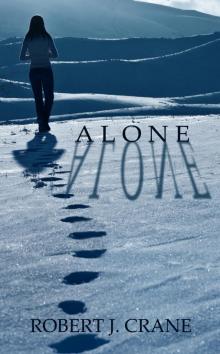 Alone: The Girl in the Box, Book 1
Alone: The Girl in the Box, Book 1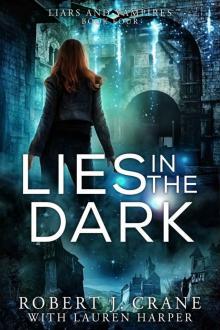 Lies in the Dark
Lies in the Dark Cold
Cold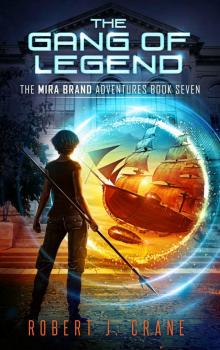 The Gang of Legend
The Gang of Legend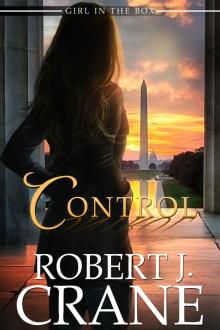 Control: Out of the Box (The Girl in the Box Book 38)
Control: Out of the Box (The Girl in the Box Book 38)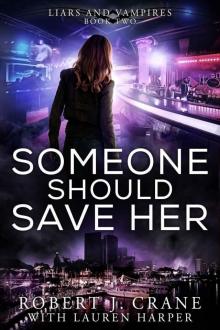 Someone Should Save Her
Someone Should Save Her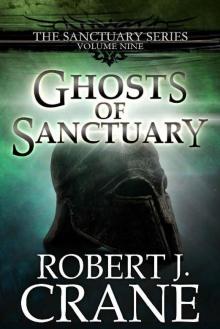 Ghosts of Sanctuary
Ghosts of Sanctuary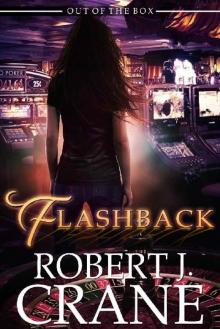 Flashback (Out of the Box Book 23)
Flashback (Out of the Box Book 23)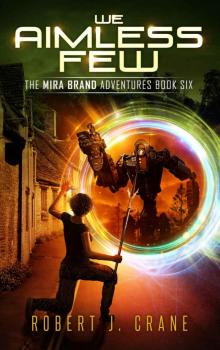 We Aimless Few
We Aimless Few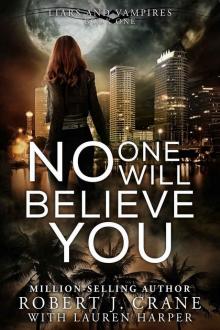 No One Will Believe You
No One Will Believe You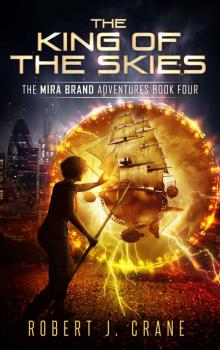 The King of the Skies
The King of the Skies Apex
Apex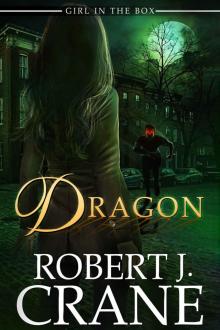 Dragon: Out of the Box (The Girl in the Box Book 37)
Dragon: Out of the Box (The Girl in the Box Book 37)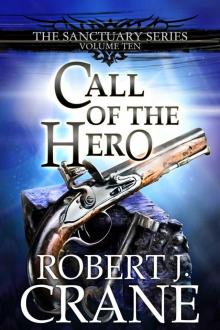 Call of the Hero
Call of the Hero Blood Ties
Blood Ties A Home in the Hills
A Home in the Hills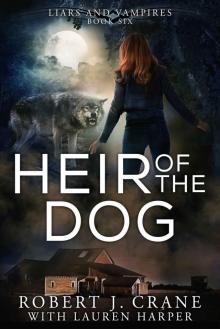 Heir of the Dog (Liars and Vampires Book 6)
Heir of the Dog (Liars and Vampires Book 6)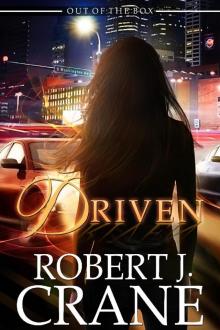 Driven
Driven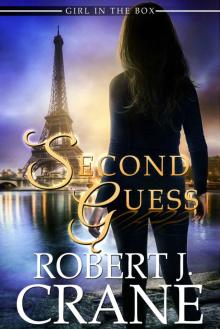 Second Guess (The Girl in the Box Book 39)
Second Guess (The Girl in the Box Book 39)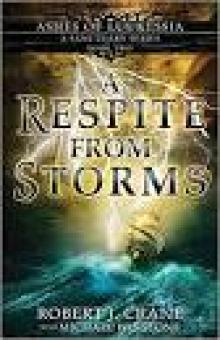 A Respite From Storms
A Respite From Storms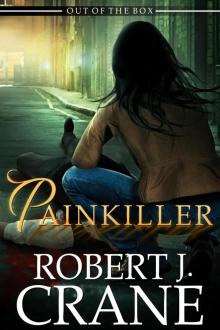 Painkiller
Painkiller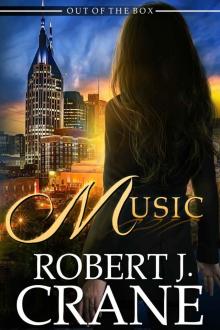 Music: Out of the Box 26 (The Girl in the Box Book 36)
Music: Out of the Box 26 (The Girl in the Box Book 36)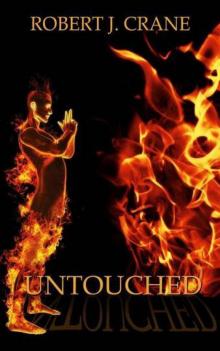 Untouched tgitb-2
Untouched tgitb-2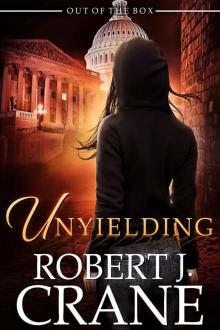 Unyielding (Out of the Box Book 11)
Unyielding (Out of the Box Book 11)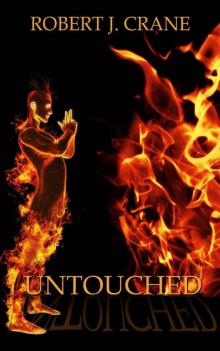 The Girl in the Box 02 - Untouched
The Girl in the Box 02 - Untouched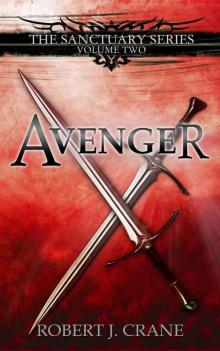 The Sanctuary Series: Volume 02 - Avenger
The Sanctuary Series: Volume 02 - Avenger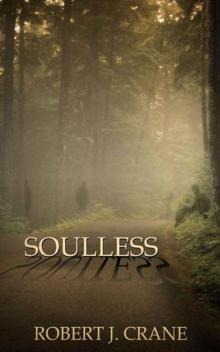 Soulless tgitb-3
Soulless tgitb-3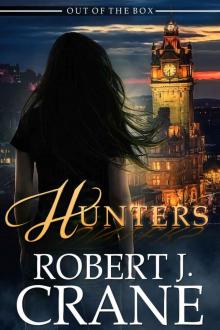 Hunters (Out of the Box Book 15)
Hunters (Out of the Box Book 15)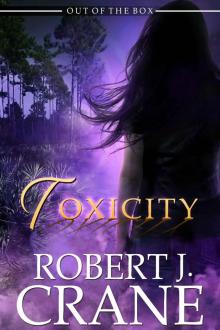 Toxicity (Out of the Box Book 13)
Toxicity (Out of the Box Book 13)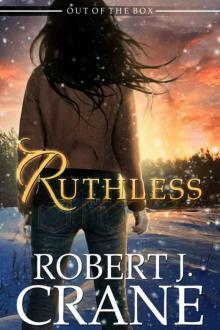 Ruthless (Out of the Box Book 3)
Ruthless (Out of the Box Book 3)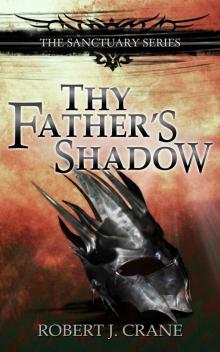 Thy Father's Shadow (Book 4.5)
Thy Father's Shadow (Book 4.5)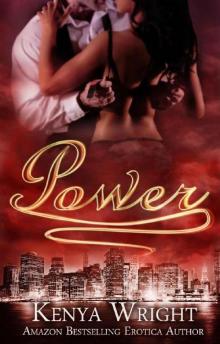 Power
Power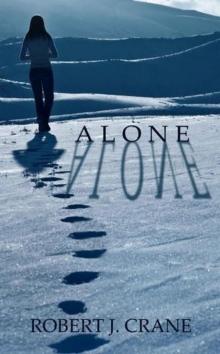 Alone tgitb-1
Alone tgitb-1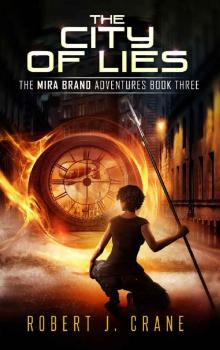 The City of Lies (The Mira Brand Adventures Book 3)
The City of Lies (The Mira Brand Adventures Book 3)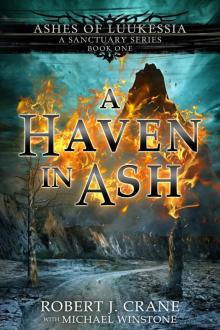 A Haven in Ash
A Haven in Ash Family
Family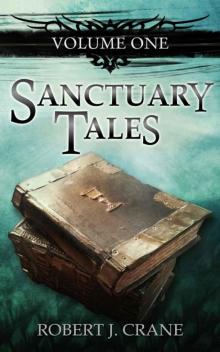 Sanctuary Tales (Book 1)
Sanctuary Tales (Book 1) Hero
Hero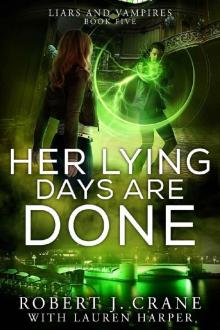 Her Lying Days Are Done
Her Lying Days Are Done![Crane, R [ Southern Watch 03] Corrupted Read online](http://i1.bookreadfree.com/i1/04/02/crane_r__southern_watch_03_corrupted_preview.jpg) Crane, R [ Southern Watch 03] Corrupted
Crane, R [ Southern Watch 03] Corrupted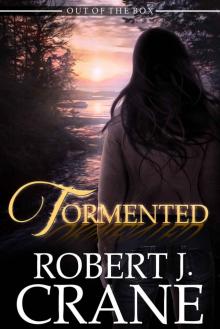 Tormented
Tormented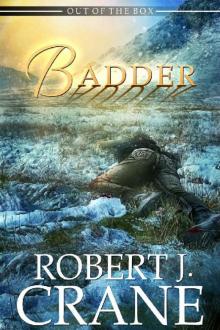 Badder (Out of the Box Book 16)
Badder (Out of the Box Book 16)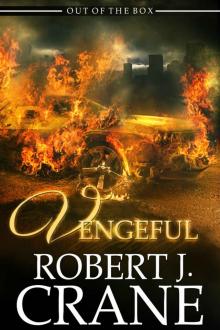 06 - Vengeful
06 - Vengeful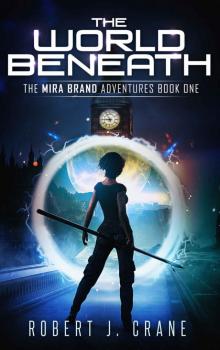 The World Beneath (The Mira Brand Adventures Book 1)
The World Beneath (The Mira Brand Adventures Book 1)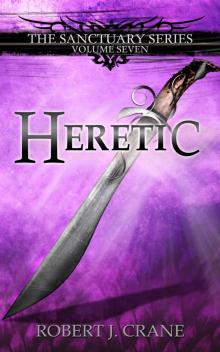 Heretic (The Sanctuary Series Book 7)
Heretic (The Sanctuary Series Book 7)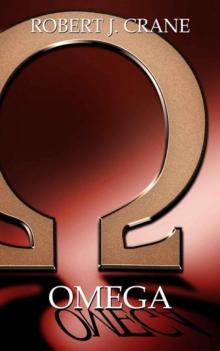 Omega tgitb-5
Omega tgitb-5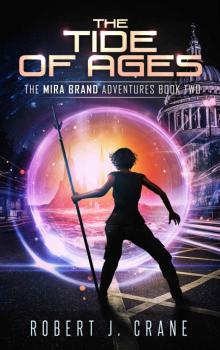 The Tide of Ages (The Mira Brand Adventures Book 2)
The Tide of Ages (The Mira Brand Adventures Book 2)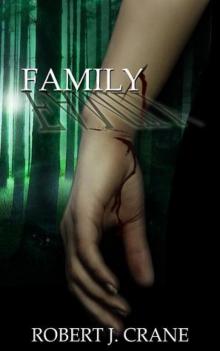 Family tgitb-4
Family tgitb-4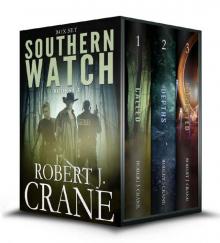 The Southern Watch Series, Books 1-3: Called, Depths and Corrupted
The Southern Watch Series, Books 1-3: Called, Depths and Corrupted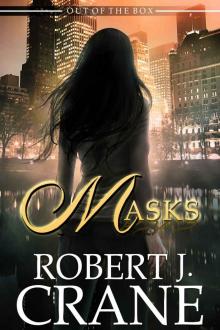 Masks (Out of the Box Book 9)
Masks (Out of the Box Book 9)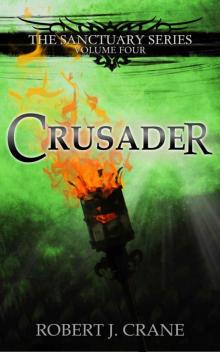 Crusader: The Sanctuary Series, Volume Four
Crusader: The Sanctuary Series, Volume Four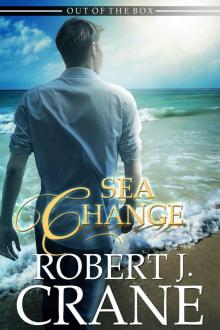 Out of the Box 7 - Sea Change
Out of the Box 7 - Sea Change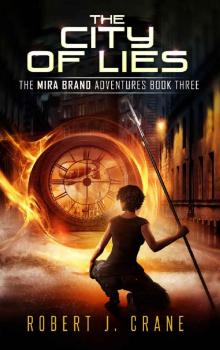 The City of Lies
The City of Lies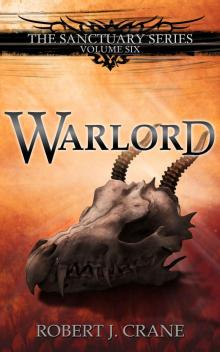 Warlord
Warlord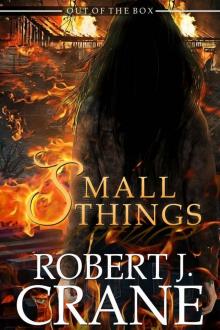 Small Things (Out of the Box Book 14)
Small Things (Out of the Box Book 14)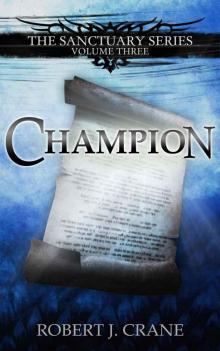 The Sanctuary Series: Volume 03 - Champion
The Sanctuary Series: Volume 03 - Champion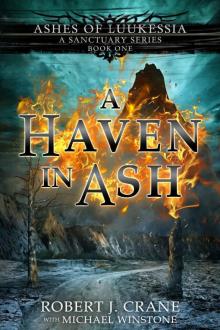 A Haven in Ash (A Sanctuary Series) (Ashes of Luukessia Book 1)
A Haven in Ash (A Sanctuary Series) (Ashes of Luukessia Book 1)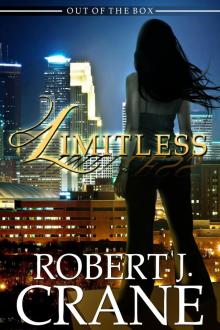 Limitless
Limitless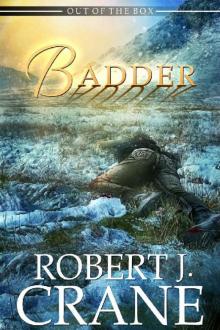 Badder
Badder Legend
Legend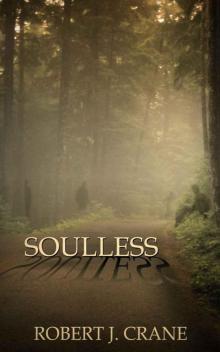 The Girl in the Box 03 - Soulless
The Girl in the Box 03 - Soulless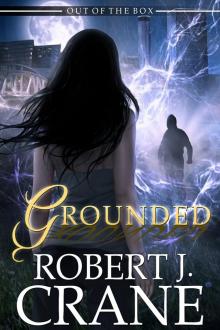 Grounded (Out of the Box Book 4)
Grounded (Out of the Box Book 4)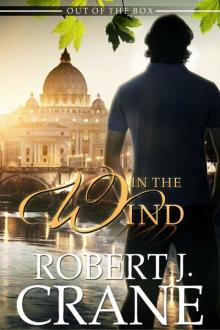 In the Wind (Out of the Box Book 2)
In the Wind (Out of the Box Book 2)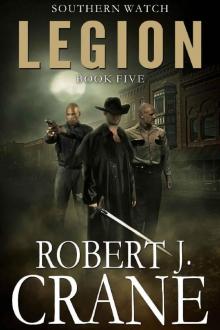 Legion (Southern Watch Book 5)
Legion (Southern Watch Book 5)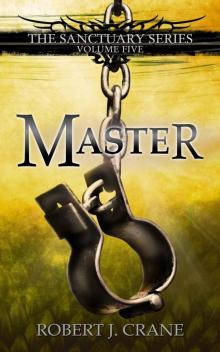 Master (Book 5)
Master (Book 5)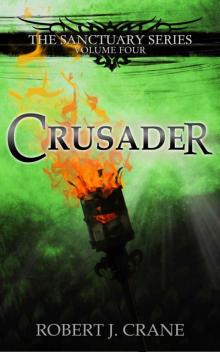 Crusader s-4
Crusader s-4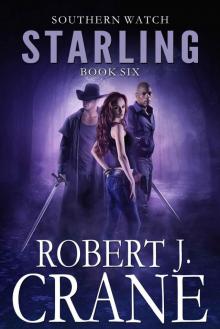 Starling (Southern Watch Book 6)
Starling (Southern Watch Book 6)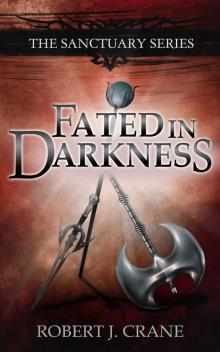 Sanctuary 5.5 - Fated in Darkness
Sanctuary 5.5 - Fated in Darkness